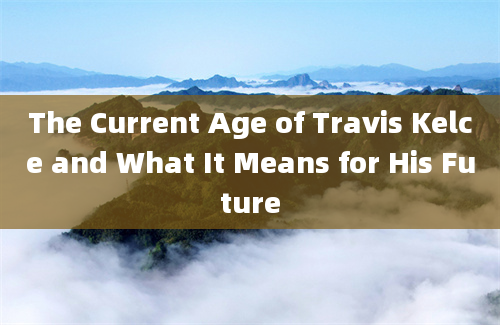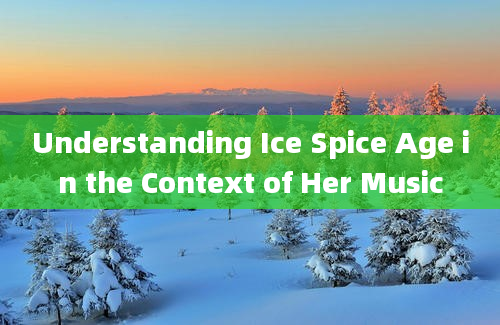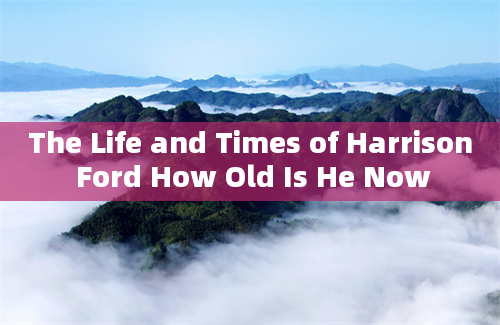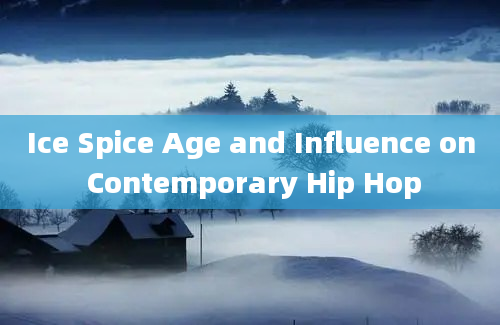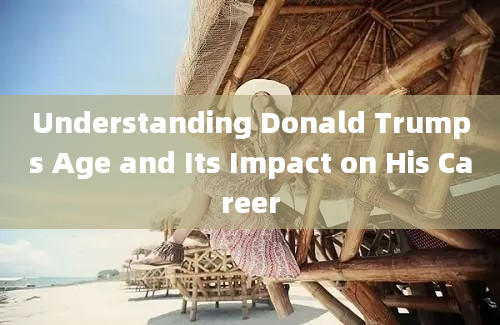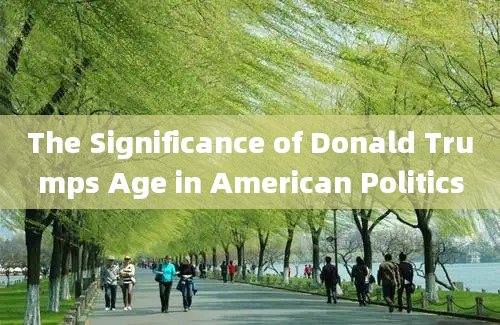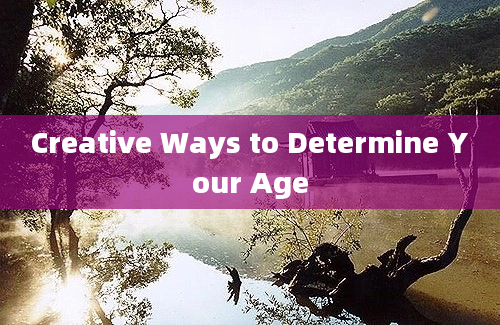Discovering the Age of Joe Biden and Its Significance in Politics
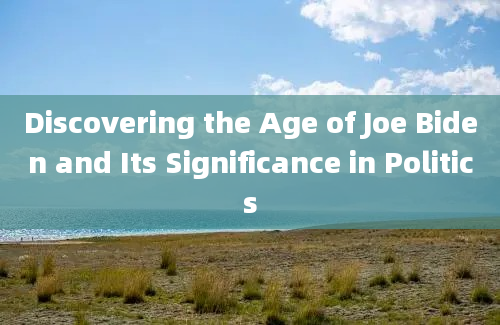
Introduction
The age of political leaders has always been a topic of interest and debate, especially when it comes to highprofile figures like Joe Biden, the 46th President of the United States. Born on November 20, 1942, Joe Biden is currently 80 years old, making him one of the oldest individuals to hold the presidency. This article delves into the significance of Biden's age in the context of American politics, examining both the challenges and advantages it presents.
The Impact of Age on Political Leadership
1. Experience and Wisdom
Source: According to a study by the Harvard Business Review, older leaders often bring a wealth of experience and wisdom to their roles. [Harvard Business Review](https://hbr.org/2020/01/whatolderleadershavethatmostCEOslack)
Analysis: Biden's long career in politics, spanning over four decades, has equipped him with extensive knowledge and experience. His tenure as a Senator and Vice President has provided him with a deep understanding of both domestic and international affairs.
2. Cognitive Health Concerns
Source: The American Psychological Association highlights that cognitive decline is a natural part of aging, which can impact decisionmaking abilities. [American Psychological Association](https://www.apa.org/monitor/2019/0708/agingbrain)
Analysis: Biden's age has raised concerns about his cognitive health, with critics questioning his ability to handle the demands of the presidency. However, regular health checkups and public appearances have shown him to be actively engaged and capable.
3. Generational Gap
Source: A Pew Research Center report indicates that younger voters often feel disconnected from older leaders, potentially affecting political engagement. [Pew Research Center](https://www.pewresearch.org/politics/2020/01/09/youngvoterssupportedbidenbutmanyfeltdisconnectedfromtheelection/)
Analysis: Biden's age might create a generational gap, making it challenging for him to connect with younger voters who are increasingly influential in elections.
4. Policy Implications
Source: The Brookings Institution suggests that older leaders may prioritize policies that reflect their generational interests, such as healthcare and social security. [Brookings Institution](https://www.brookings.edu/blog/howwerise/2021/02/03/howdoesageaffectpoliticalperspectives/)
Analysis: Biden's age could influence his policy decisions, with a potential focus on issues that resonate with the older demographic, such as Medicare and retirement security.
Advantages of an Older President
1. Stability and Continuity
Source: The RAND Corporation emphasizes that older leaders can provide stability and continuity, especially in times of crisis. [RAND Corporation](https://www.rand.org/blog/2020/05/agingleadershipandtheglobalorder.html)
Analysis: Biden's experience in handling various crises, such as the financial recession and international conflicts, offers a sense of stability and reassurance to the nation.
2. Diplomatic Experience
Source: The Council on Foreign Relations notes that seasoned leaders often have established relationships and credibility in international diplomacy. [Council on Foreign Relations](https://www.cfr.org/article/agingleadershipglobalorder)
Analysis: Biden's longstanding relationships with world leaders can be advantageous in navigating complex international relations and diplomatic negotiations.
Conclusion
Joe Biden's age is a significant factor in his presidency, presenting both challenges and advantages. While concerns about cognitive health and generational disconnect are valid, his extensive experience, wisdom, and diplomatic prowess offer unique benefits. The impact of his age on his political leadership continues to be a subject of scrutiny and debate, reflecting the broader discourse on aging and leadership in contemporary politics.
Frequently Asked Questions (FAQs)
1. How old is Joe Biden?
Answer: Joe Biden is 80 years old, born on November 20, 1942.
2. What is the significance of Joe Biden's age in politics?
Answer: Biden's age brings both experience and wisdom, but also raises concerns about cognitive health and generational disconnect.
3. How does Biden's age affect his policy decisions?
Answer: His age may lead to a focus on policies that benefit older demographics, such as healthcare and social security.
4. Has Biden's age impacted his ability to connect with younger voters?
Answer: Yes, there is a potential generational gap that might affect his connection with younger voters, as highlighted by the Pew Research Center.
5. What are the advantages of having an older president like Biden?
Answer: Advantages include stability, continuity, and extensive diplomatic experience, as noted by the RAND Corporation and the Council on Foreign Relations.
6. Are there any studies on the cognitive impact of aging on political leaders?
Answer: Yes, the American Psychological Association has studied cognitive decline in aging, which can impact decisionmaking abilities.
7. How does Biden's long political career benefit his presidency?
Answer: His career provides him with deep knowledge and experience in both domestic and international affairs, as discussed in the Harvard Business Review.
8. Does Biden's age influence his approach to international relations?
Answer: Yes, his established relationships with world leaders enhance his diplomatic efforts, according to the Council on Foreign Relations.
9. What are the common concerns regarding older political leaders?
Answer: Common concerns include cognitive health, generational disconnect, and potential prioritization of policies benefiting older demographics.
10. How has Biden addressed concerns about his age and health?
Answer: Biden has addressed these concerns through regular health checkups and maintaining an active public presence to demonstrate his capability.


